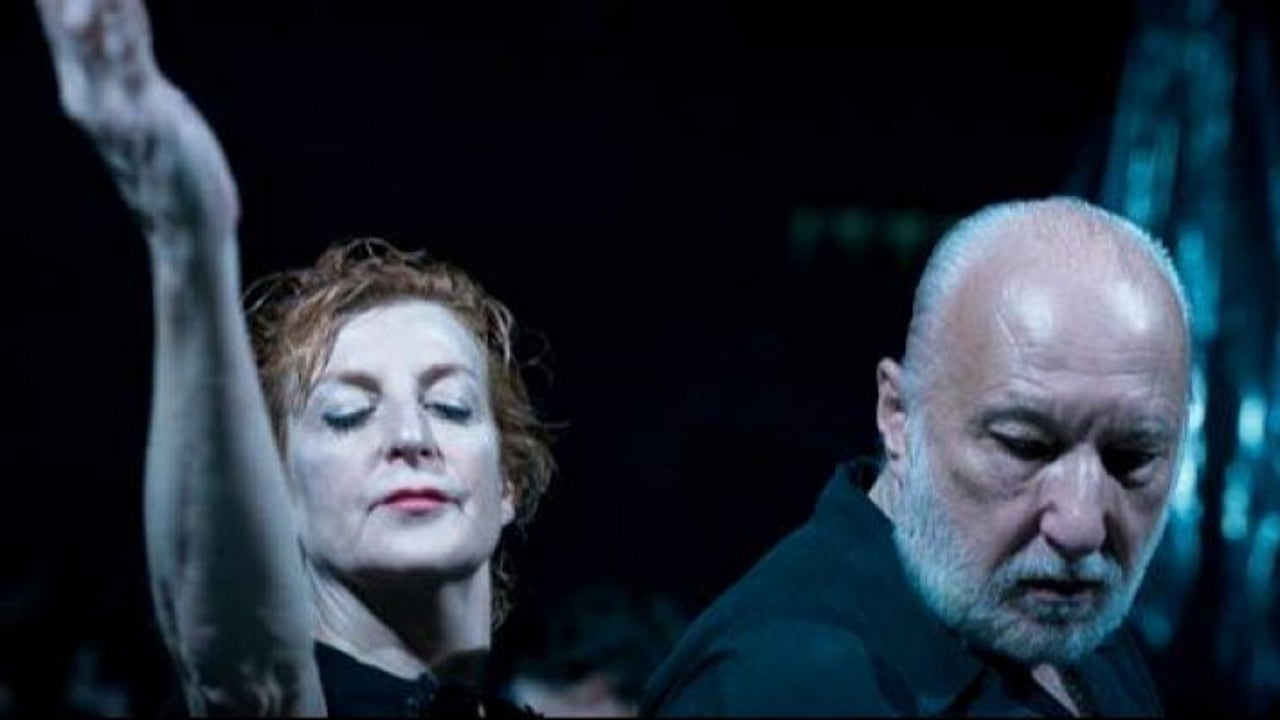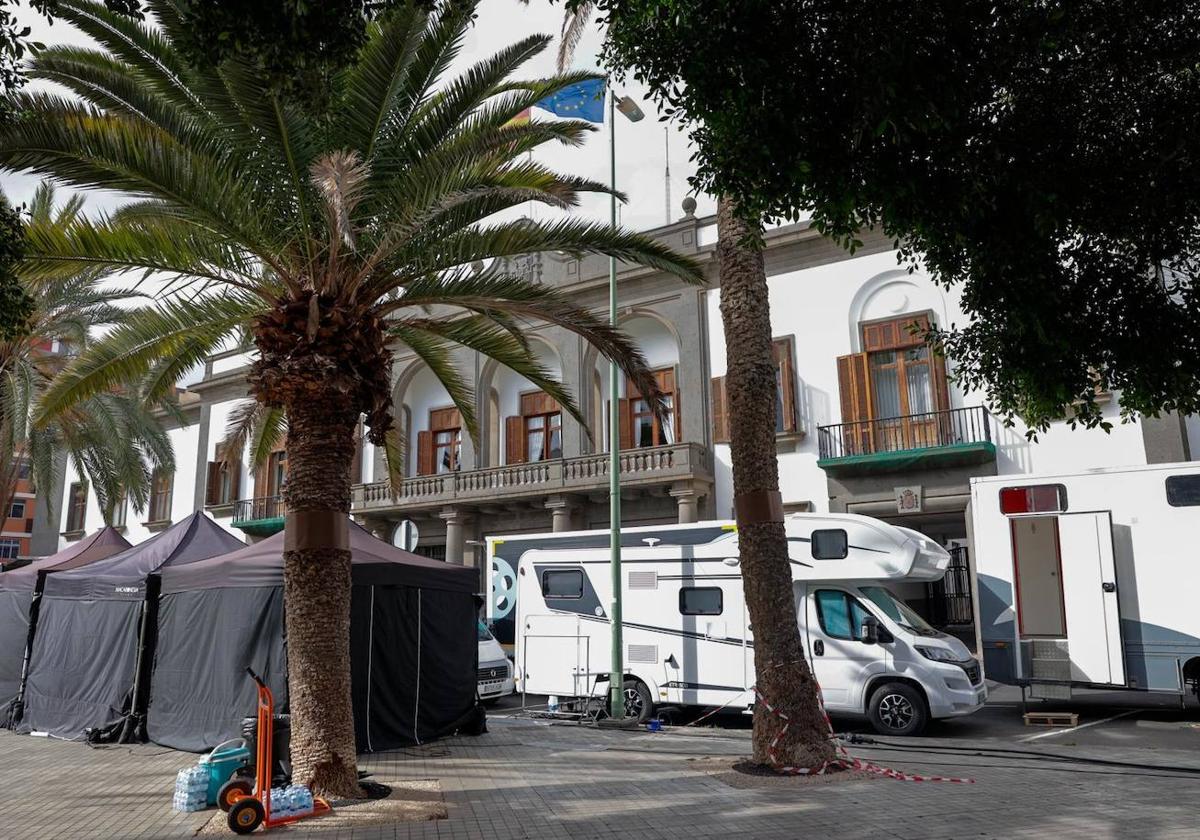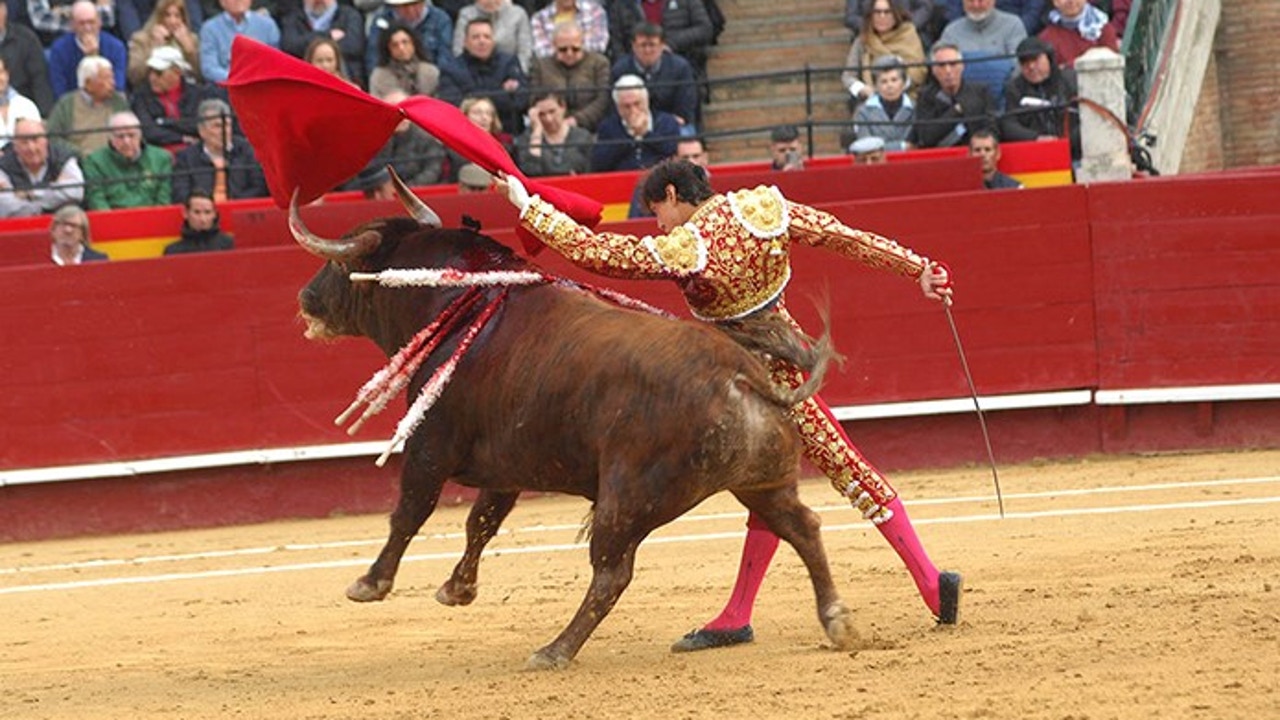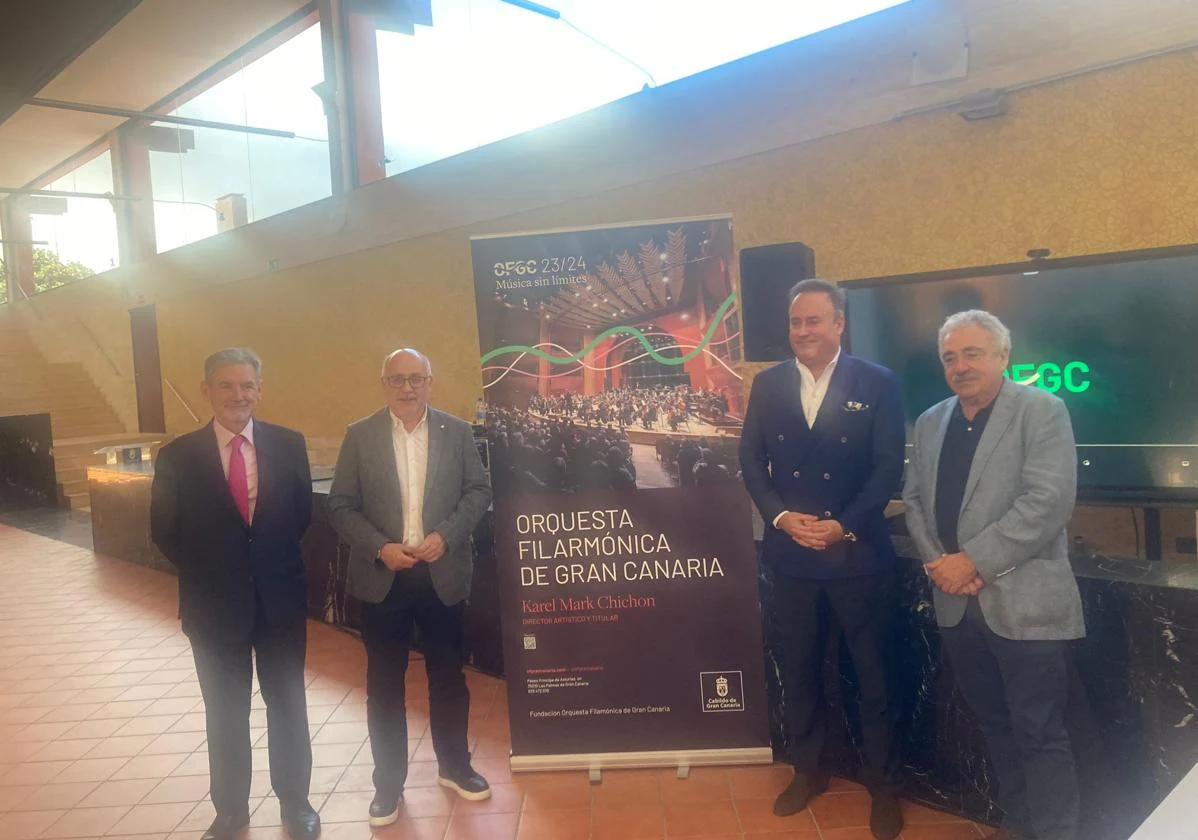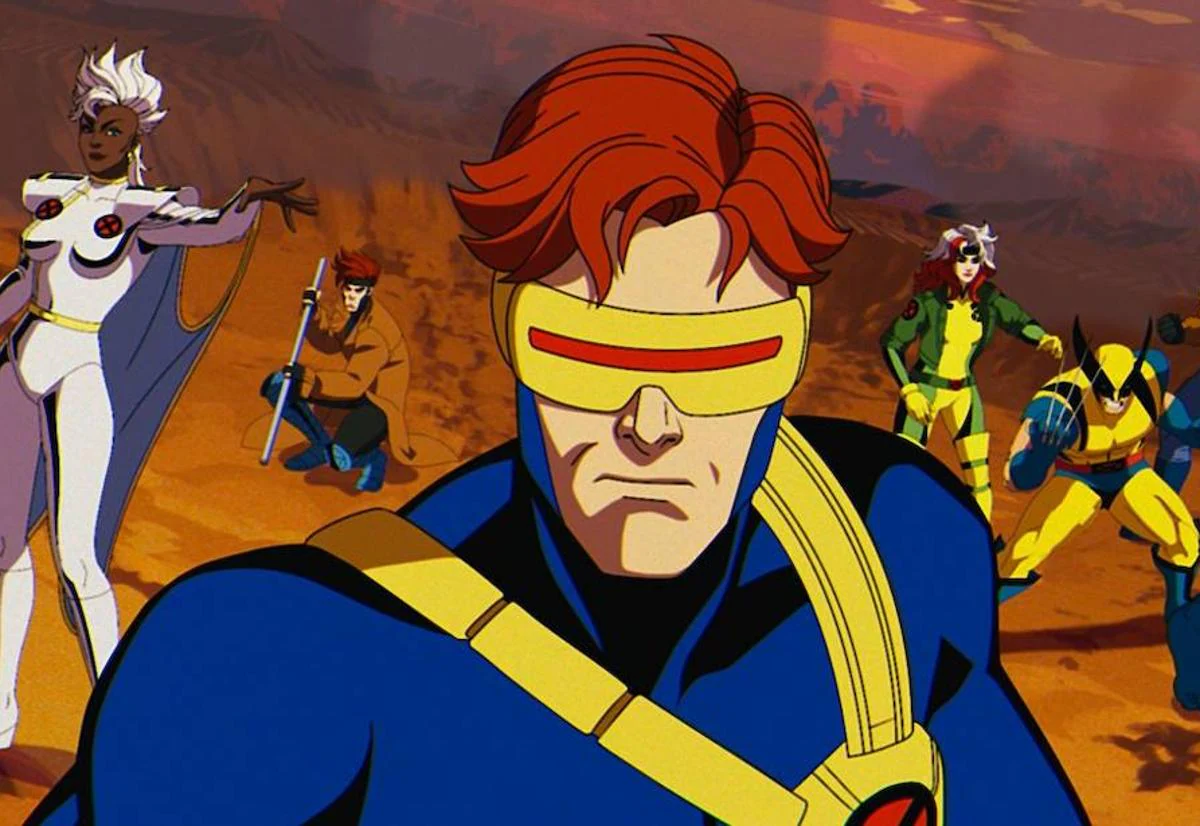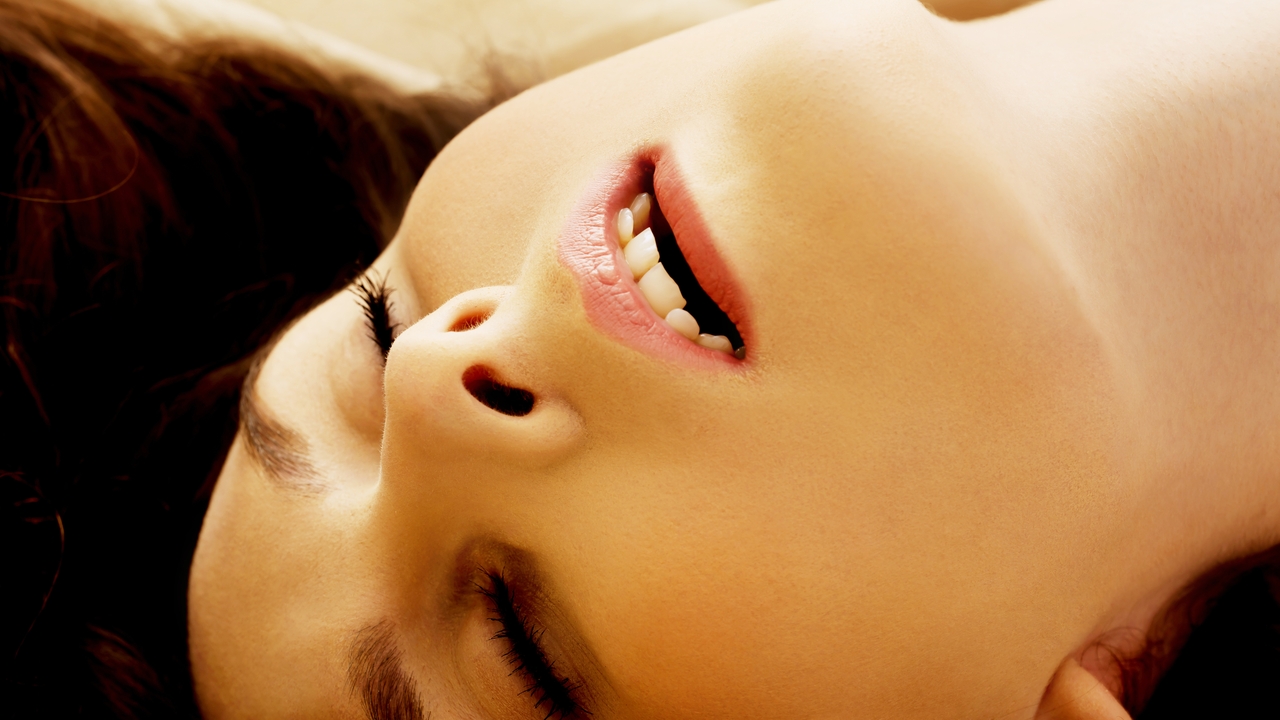Berlinale 2019: Fatih Akin and the worst reflection in the mirror of German society | Culture


Fatih Akin (Hamburg, 45 years old) has had enough. He has been living in a precarious balance for decades: he is Turkish in German society and German for the rest of the world. He considers himself German, although he does not renounce his roots, which he usually resorts to in his cinema (Soul Kitchen, Crossing the bridge: the sounds of Istanbul). Not even his attempts to show a positive German protagonist have freed him from attacks by his countrymen. He did it in In the shadow (2017), in which Diane Kruger played a revengeful widow who killed her Turkish husband and son in a Nazi attack. In the shadow she was the German candidate for the Oscars and won the Golden Globe.
Not for those. The director of Against the wall he feels attacked and in response he has decided to put a mirror in front of Germany so that he remembers some of his worst moments. And among them are the crimes of Fritz Honka, a racist alcoholic with eyesight and speech problems who killed four elderly women or elderly prostitutes - the only ones who wanted to come up with him to their home - in the most lumpen Hamburg of the seventies. The title of The golden glove refers to the bar where Honka got drunk and where he contacted his victims. After murdering them, he chopped them up and hid his remains in the attics and cupboards of his tiny penthouse. That is why during the trial he became popular because of his nickname, the butcher of Sankt Pauli, the red light district of the German city. He was arrested after an accidental fire in 1975 in his building, where firefighters discovered the human remains.
But Fatih Akin he rejoices in the rugged without going any further. Even his passion for the truculent makes him go under braking, falling many times in sequences that look like vignettes of a comic by Robert Crumb and not the recreation or reflection of a moment in the history of Germany. The director told a press conference that he met Honka in the novel, best seller in his country, by Heinz Strunk. "That monster manages to maintain a certain dignity on the screen, and that was already in the novel, my job was to use my best technique to transfer those sensations from the book to the images." He did not enter to reflect much on the serial killers, beyond that a "we would live better without them": "I did not want to look in his childhood and in the abuses that surely the explanation of his acts suffered, I wanted the public not to have that explanation. On the work of makeup and recreation of his ugliness, Akin explained that he wanted to remember characters that marked him in his childhood as the creature of Frankenstein or the hunchback of Notre Dame played by Anthony Quinn in the version of this 1956 classic. " I also thought a lot about Gary Oldman with his characterization of Churchill in The darkest moment. There is makeup, a mask, and space for an actor to do his work. "
Akin defines himself as "a German filmmaker, beyond my roots, because here I have lived and studied". He said it is difficult to make horror films in Germany, "unlike in the US, where there is a tradition." And he remembered one of the first adult movies he saw as a child. "My mother was at the hospital that weekend and my father was working, and they left us in the care of another Turkish family, who had one of the first video clubs in Germany, a type of business that specialized in the Turkish community. , in that place there were all kinds of films, and I wanted to see ... It did not matter, because my older brother chose Zombie: the return of the living dead [de 1978]. It impressed me a lot, since I was small, although my brother explained to me that everything was false, makeup tricks, actors ... And then I decided to be a director. So I'm the son of George A. Romero. "That said, he emphasized:" I do not want to celebrate violence in The Golden Globe, I was also interested in the dignity of the victims, but let's not be navesIt happens in the world. "
And about the violence to those women, Akin finished off: "One of my editors is a woman, and he told me it was a female film, I asked him not to say this, and I am a man, so I do not know what to say. We have to illustrate the facts, I believe that #MeToo has created a kind of censorship, which has narrowed the path that artists walk through, and that they are going through difficult times. "

